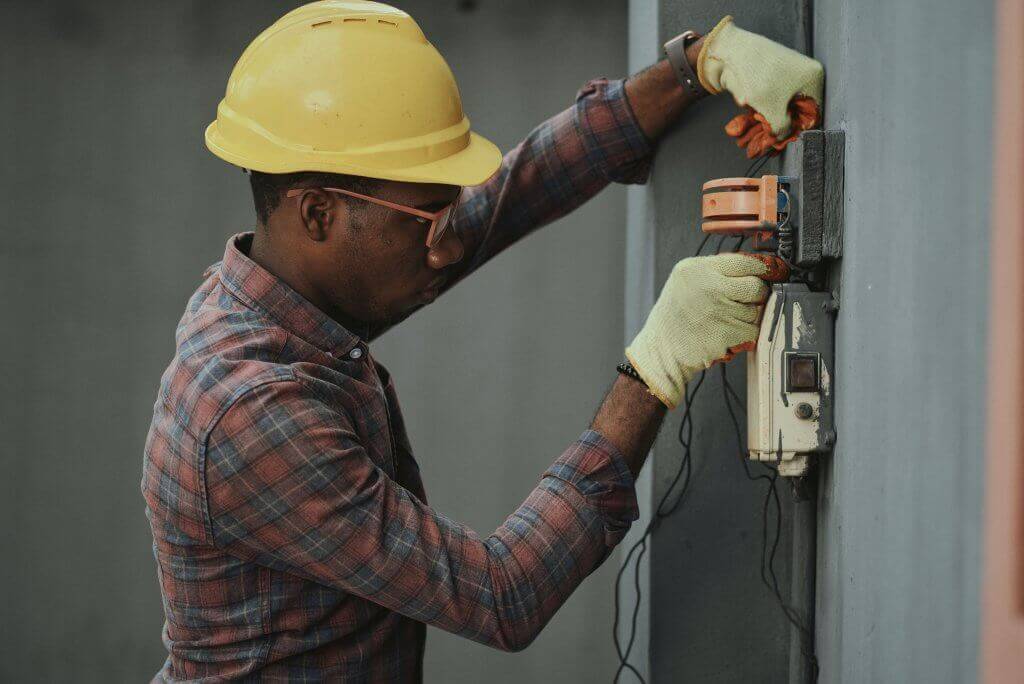Germany is a country of thinkers and doers, but without skilled workers it will be difficult. This is where great opportunities lie for immigrants with training in the skilled trades or those who still want to learn.
We show you in which branches there is the most need and how you get there!

There is a shortage of skilled workers, especially in the building trade. Master craftsmen are the hardest to find.
Last year, more jobs were open in the skilled trades than at any time since 2010.
According to a study, the shortage of skilled craftsmen in Germany reached a new record level last year. In 2022, there were an average of 236,818 vacancies in predominantly skilled trades.
That is more than ever before since the start of the observation period in 2010, reported the Competence Center for Skilled Workers (Kofa) of the employer-affiliated Institute of the German Economy (IW) on Saturday.
This contrasted with only 121,993 unemployed people in these sectors. “This means that even if all unemployed craftsmen had been placed in a suitable position, more than half of the vacancies in predominantly skilled trades could not have been filled,” the study says.
According to the study, most skilled workers are lacking in the construction trades, especially in the areas of construction electrics and plumbing, heating and air-conditioning technology.
Companies are now responding to the shortage by offering more apprenticeships, the study says. However, the number of applicants has so far not been sufficient to fill all apprenticeship positions.
According to Kofa, however, the hardest thing for companies to find at present are master craftsmen. Especially in the fields of optometry, hearing aid acoustics, orthopedic technology and dental technology, there is a lack of qualified personnel.
According to the study, almost nine out of ten vacancies could not be filled because there were no suitably qualified unemployed people nationwide. But there was also a shortage of journeymen and women in many areas.
The need for craftsmen has been rising almost continuously for a decade, the Cologne experts emphasized. Reasons for this include political goals in climate protection and housing construction. In the healthcare trade – for example in the fields of optics and acoustics – demographic change is also leading to an increasing demand for skilled workers.
